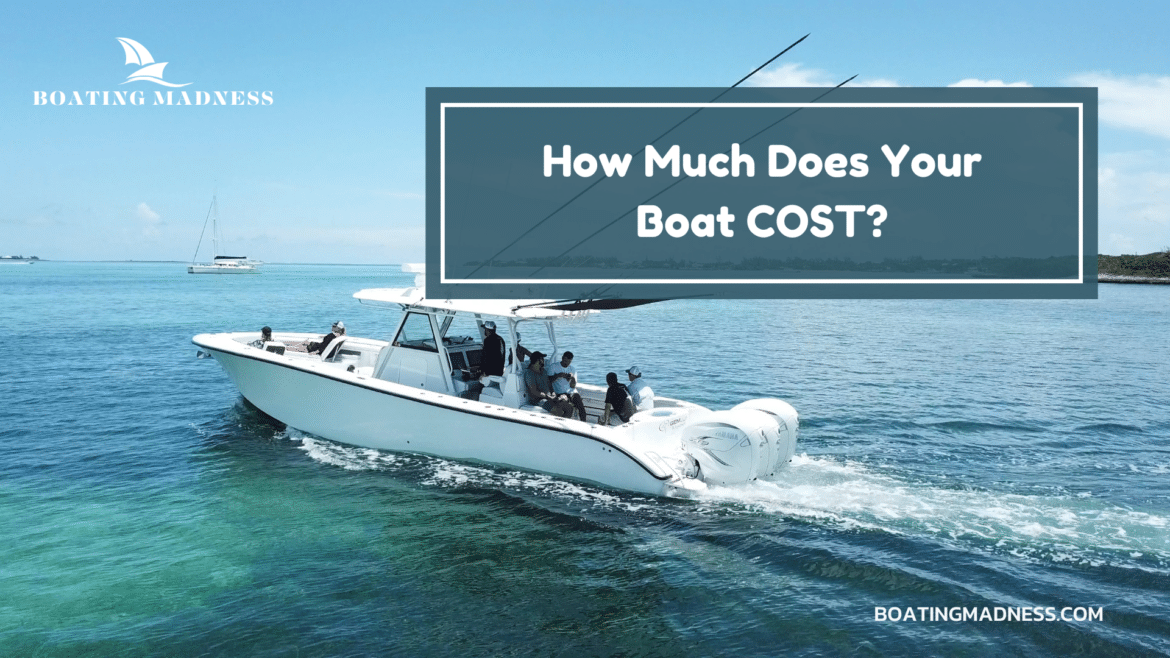Table of Contents
Ready for a super exciting thrilling adventure to the big sea with your favorite sea boat? But wait, before you go out to purchase your vessel, do you by any chance know how much is a boat? Sea trips are always a really fun and exhilarating experience. Whether you plan to go out with your family on your fun family boats or just a solo sailing experience, it is always wonderful. You agree with us, right? If you’re a complete adventure freak you must always be onto some new kind of thrill. Moreover, there is no doubt in the fact that boating is something super fun. However, the most important thing to understand is the cost of these sea vessels. It comes with various factors, for example the fuel maintenance, the cost of boat insurance and a several other pointers. Hence, without further ado, let us know all about the cost affordability of a boat and own a classy sea boat!
The Cost of Boat
Calling all the boating fans here! If you’re looking out to go on a super exciting fun boating trip, the first thing you need to know is the cost. Just like you make sure to recharge your boat with the best kinds of batteries and speed off in the blue waters, you must know what is it that you are investing in your boat. Though it comes with many expenses beyond the initial purchase price, owning a boat provides thrilling adventures and the flexibility to explore the sea anytime. Knowing how much is a boat means considering fuel, maintenance, insurance, and storage costs. Your budget will be much influenced by the kind of boat you decide on, speed, pontoon, fishing, or other. Now this thorough book will enable you to negotiate these factors, guaranteeing your complete readiness for the financial side of sea vessel ownership. Let’s take this fun trip to the seas and know all about costs of boats!
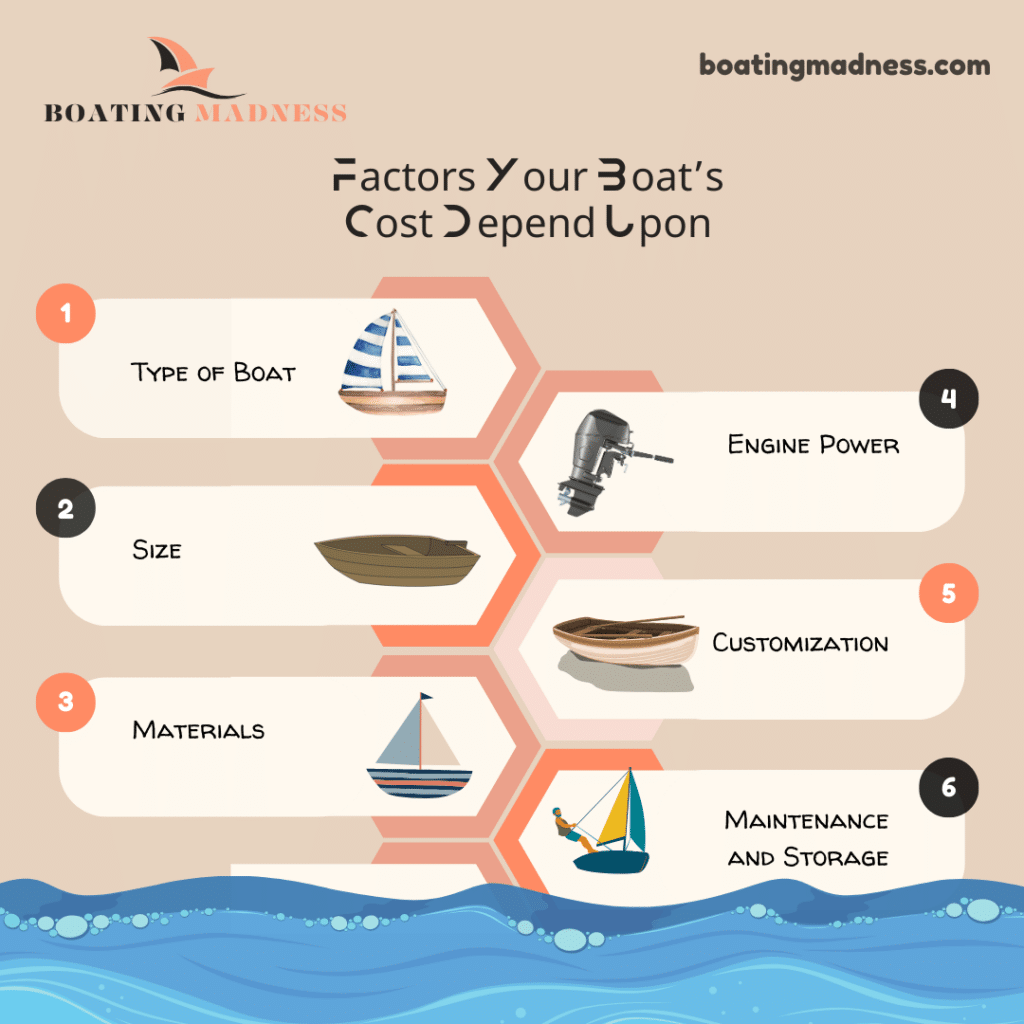
The Purchase Price vs The Ongoing Cost
Owning a boat requires two primary financial considerations: the purchase price and the continuous expenses. Knowing their differences will enable you to decide with knowledge. You can also catch up with American Boating Association regarding all kinds of information.
The Purchase Price
Purchasing a boat’s initial outlay relies on several elements;
- Larger Boats Usually Cost More: Price ranges vary among different kinds of boats, fishing boats, yachts, cruisers).
- Age and Condition: Though old boats might save money, new ships are more costly. A brand-new motorized fishing boat free of the cabin might run you up to $35,000. While new models run $500,000, a used boat can start about $250,000.
The Constant Ongoing Cost of Boat
Apart from the initial purchase cost, yacht ownership entails enormous continuous costs;
- Maintenance Costs: Frequent maintenance guarantees your yacht stays in good shape.
- Storage Fees: Marina slip or off-season facility fees.
- Expenses: Fuel expenses can go up, particularly with regular use. Regular premiums help you safeguard your investment through insurance coverage. Outfitting your yacht with the necessary tools is equipment and accessories. Title, taxes, registration: boat ownership administrative expenses.
- Boat Trailering Expenses: Those related to moving your boat.
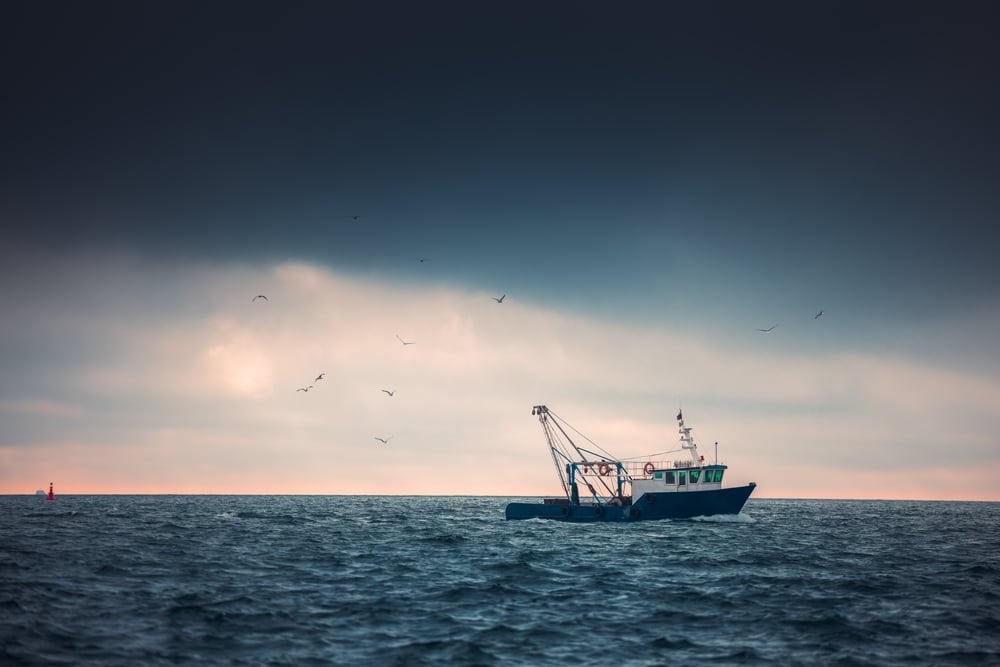
Boat Types & Sizes wrt How Much is a Boat
A boat’s type and size significantly affect its initial outlay of expenses. This breakdown should help you to influence your budgeting;
Boat Ratios
- Perfect for budget-conscious choices and small-scale sailing experiences, Class A (16 feet or less)
- Class 1 (16–26 feet) is suitable for families and casual use because it is a compromise between cost and size.
- Class 2 (26–40 feet) is often used for long distances and offers additional space and features.
- Though more expensive, Class 3 (40–65 feet) is best for luxury and comfort.
Boat Types
- Pontoon boats are perfect for fishing and relaxing trips. Prices run from $10,000 to $80,000.
- Economical for racing and cruising are sailboats. Their starting point might be as little as $5,000.
- Yachts are luxury boats with first-rate conveniences. Anticipated boat insurance rates begin at $500,000.
Your needs, experience, and budget will all affect the appropriate size and type.
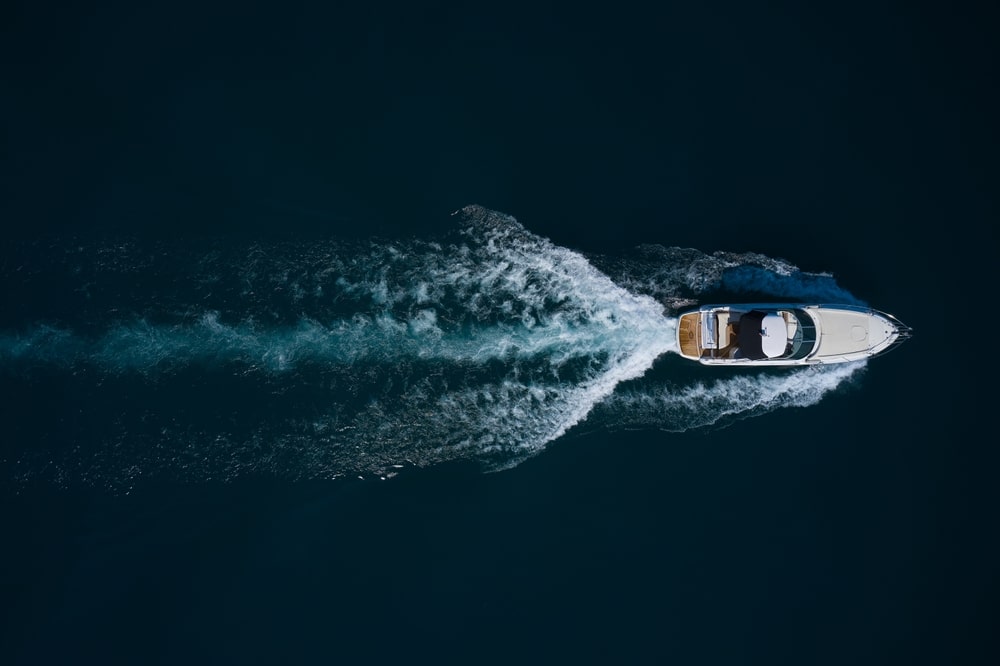
A Look at the Total Cost of Sea Vessels
Let us finally get into the final of your boats.
First Purchase Price
The first outlay for purchasing a yacht rentals is only a starting point. Research is key to understanding the purchase price and recurring costs.
Constant Spending
Annual expenses raise the overall cost. Essential outlays consist of the following;
- Fuel: Operating needs regular refills.
- Maintenance: Standard repairs and maintenance.
- Cost: Cost of docking or storage facilities.
- Accessories: Enhancements and supplementary tools.
For instance, a yacht costing $250,000 may have annual expenses of $500,000.
One-Time Charges
Initial expenses outside the purchase price include legal operating registration expenditures. Also, make sure to analyze the terms and conditions while renting out your favorite boat.
- Classes on operating the ship safely.
- Devices for comfort and safety.
- These one-time costs, including registration and training, will only be used yearly.
Calculation at Final Count – How Much is a Boat?
Add the one-time and continuing costs to project the total cost. Customize the computation to fit your particular circumstances to gain a complete understanding of boat ownership expenses.
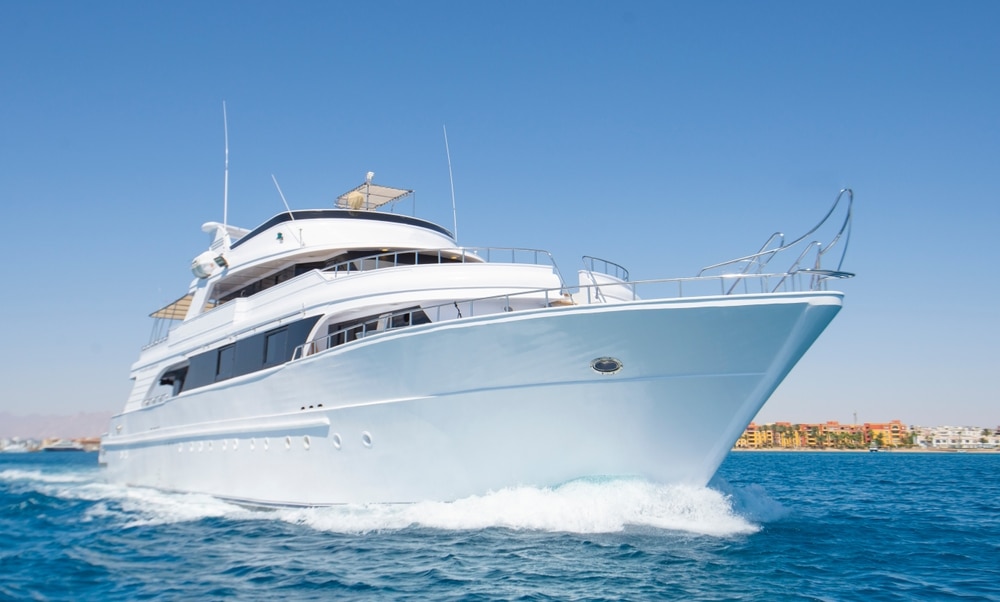
Final Thoughts
As we come to the end, purchasing a boat represents a lifestyle decision rather than only a purchase. Knowing the overall cost means thinking through both the initial and continuing costs. The starting price ranges exceptionally, whether it’s a pontoon, fishing, speedboat, or houseboat. Beyond the first expenditure, running expenses include insurance, maintenance, and operating fees. Crucially essential questions in your mind must include How much is the average cost of boat worth, how much does a sailboat cost, or how much is it to cost to rent a vessel? Furthermore, elements affecting boat insurance agent are very important, including liability coverage and boating accident history.
In conclusion, comprehensive research and preparation guarantee an informed selection that balances the purchase price against continuing expenses and maximizes your boating investment.
SAIL OFF ON THE COST OF ADVENTURE!

